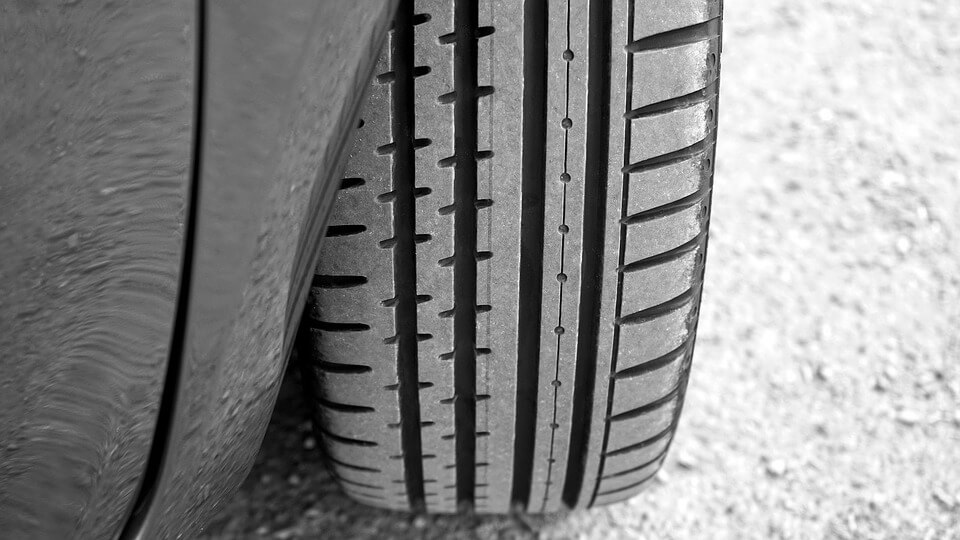Tire Inspections and what to Look For
 Tire inspections are a crucial aspect of maintaining vehicle safety and prolonging tire life. Regular inspections can identify potential issues early on, preventing more significant problems and reducing the risk of accidents. Here are some key things to consider when conducting tire inspections:
Tire inspections are a crucial aspect of maintaining vehicle safety and prolonging tire life. Regular inspections can identify potential issues early on, preventing more significant problems and reducing the risk of accidents. Here are some key things to consider when conducting tire inspections:
- Tread Depth: The tread is the part of the tire that comes into contact with the road surface. Over time, the tread wears down, reducing traction and increasing the risk of hydroplaning in wet conditions. A tire’s tread depth should be checked regularly, and if it falls below the recommended level, the tire should be replaced.
- Signs of Wear: Inspect the tire’s surface for signs of uneven wear, such as cupping, feathering, or scalloping. These can indicate alignment issues or other problems that need to be addressed.
Other things to do for a Tire Inspection
- Sidewall Damage: The sidewall of a tire is essential for maintaining its structural integrity. Look for cuts, punctures, or bulges that could compromise the tire’s safety. If any damage is found, the tire should be replaced immediately.
- Proper Inflation: Proper tire inflation is essential for both safety and performance. Underinflated tires can overheat, causing blowouts, while overinflated tires can reduce traction and handling. Check the tire’s pressure regularly and adjust as needed.
Know the Age of the Tires
Tires have a finite lifespan, even if they appear to be in good condition. As tires age, they can become brittle and more prone to failure. Most manufacturers recommend replacing tires every six years, regardless of their condition. If you notice any issues, always make sure to contact us.
Tire inspections are essential for vehicle safety and prolonging tire life. Regular inspections can identify potential issues early on, preventing more significant problems and reducing the risk of accidents. Remember to check tread depth, signs of wear, sidewall damage, proper inflation, and the age of the tires. If you’re unsure about any aspect of tire inspection, consult a professional mechanic or tire specialist.
